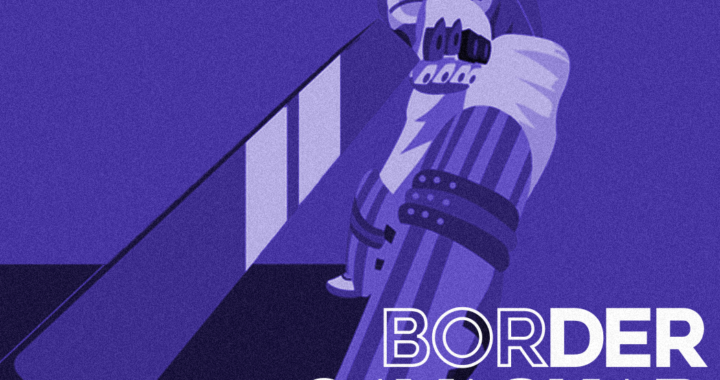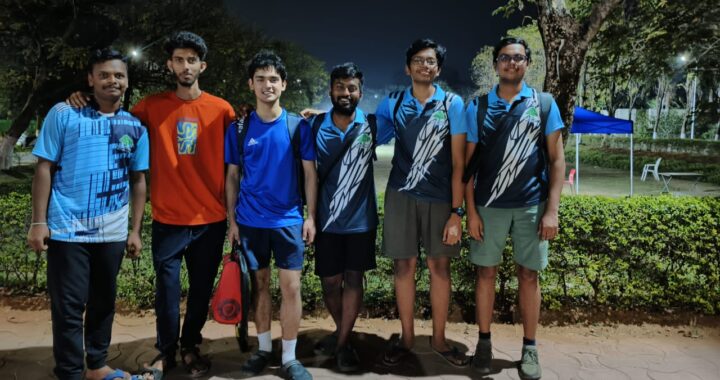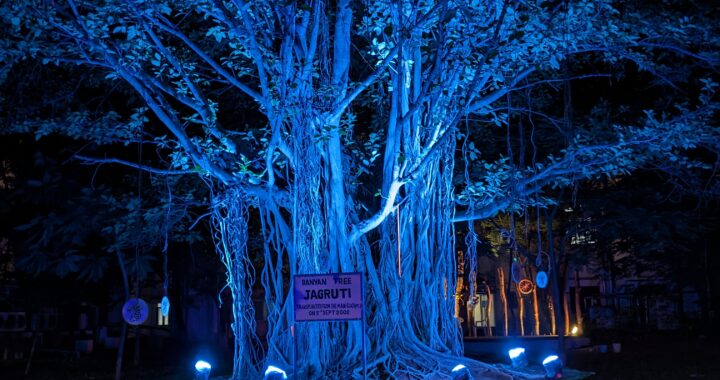OpEd – Terrorism in the context of Islamic extremism

The 21st century humankind faces a lot of challenges in the endeavour to create a world which is consistent with the value systems which we all cherish – equality of opportunities, freedom of speech, the right to education, economic parity and an individual freedom to make informed choices regarding their own life. Fundamentalist ideologies and strongly held beliefs have always come in the way of realizing those cherished ideals and have been a hostile force to some of the basic values which we consider intrinsic to humans. The most visible manifestation that is the outcome of fundamentalist views of the world is terrorism. Perhaps, it won’t be an exaggeration to say that terrorism is the most persistent and universal threat that is upon the humanity at the moment.
Terrorism has taken different forms throughout history. In fact, people have been divided and are still divided over what exactly constitutes terrorism. Regardless of the fine points about defining the term “terrorism”, what is evident is that the use of threat and violence – whether it is done by a majority community or a minority, in an institutionalized way or by rogue individuals – to meet ideological ends cannot be acceptable for long to create a society which can be sustainable for peace and prosperity. In this regard, one of the central themes occupying the public discourse and the minds of everyone ranging from politicians and public intellectuals to ordinary citizens for the last couple of decades and more so in the recent years is the rise and prominence of certain variant of terrorism which is rooted and justified by it’s proponents as furthering the cause of a particular religion named “Islam”. For the sake of brevity I will henceforth refer to all terrorist acts linked to Islamic terrorist organizations as “Islamic terrorism”.
However what sets Islam apart is it’s strict code of adherence which seems to be binding on it’s followers and the absolute infallibility of it’s stated “truths” which is why it’s premises are often less open to questioning or rational scrutiny and carries a greater potential for inducing radicalization. It’s not the case that there aren’t historical and political reasons for why it has turned out to be so. One may point out that the sense of identity of Islam has been in decline since what is known as the “Islamic Golden Period” – a period ranging roughly from 800 to 1400 AD when the Islamic civilization reigned in large parts of the world including current European regions like Spain, France and Sicily and when many Islamic regions became the epicentre of scientific, artistic, cultural and economic flourishing. However the later conquests of western forces of erstwhile Islamic lands starting from the Crusades and continuing through World Wars till today led to immense friction between two different ideologies and ways of living and this direct clash led to a desire of a panIslamic identity as a negation of west. The reason why I gave this sketchy outline of the immensely complex history is because it is often intriguing that why is there an apparent sense of solidarity and organization among the followers of Islam throughout the world and why acts of terror are not fervently opposed and sometimes even justified by disproportionately many as aiding the cause of Islam – which leads me to the next point.
Islam as a consequence of it’s seemingly never ending chain of brutalities of “Islamic Terrorism” seems to suffer from what many business corporations would call “PR Problem”. Therefore, the role of “moderates” become even more important not only as a simple passive onlooker of events but as reformers – their role is to first understand and acknowledge that problems exist – both in terms of ideology and the way it is practiced by some and secondly to take proactive steps to fix it and steer the public image in a new reformed direction. Challenging the ideas or questioning certain beliefs is not a sign of blasphemy or bigotry. It is how a lasting change takes place in society. They should not let their voices be drowned by the loudness and energy of the radicals and let themselves be misrepresented by the less nuanced and easily caricatured version of their ideology that is put forward to the world by the extremists. They have to ensure that all kinds of material or moral support structures are dismantled. One should never be under the illusion that the threat isn’t real or it is necessarily an act of fear mongering for political ends. The threat from all kinds of extremism is very tangible and real, which includes the despicable far rights of almost all nations. People die for real. People suffer for real. Countless lives are destroyed for real. The perpetrators of terrorism have a fundamental lack of empathy and an inability to relate with human sufferings. Extremism and violence cannot be excused as a result of some other nation’s foreign policy, poverty or cartoons.
From an India specific context, the politics of the country has always been involved in a no true Scotsman kind of fallacy in which people from one end of the spectrum simply refuse to acknowledge the threat it poses and at the other end of the spectrum (the Hindutva right) failing to make a distinction between an ordinary Muslim trying to get along with their daily survival and people who want to establish Islamic caliphate by killing the “infidels”. Politicians need to shift their focus and understanding from isolated people to the ideological roots from which heinous crimes emerge and how much influence and grip any religion should have on the society, politics, banking, judicial systems etc. Do we really need age old scriptures and fictitious identities to derive our morality and lifestyles from? Aren’t we as individual human beings equipped with rationality, scepticism, conscience, empathy and willpower to be in control of what kind of future we want to create for ourselves and future generations? The world has enough number of tangible problems to deal with as it is. Let’s not make mythical stories and narratives come in the way of our ardent efforts to surmount that.

 The Mess-y Situation
The Mess-y Situation  Ping! merges with Blogs@IIIT
Ping! merges with Blogs@IIIT  Cricket Corner: Looking Ahead to the Border-Gavaskar Trophy (Pt III)
Cricket Corner: Looking Ahead to the Border-Gavaskar Trophy (Pt III)  A perspective on sports in IIIT
A perspective on sports in IIIT  Paintings of IIIT
Paintings of IIIT  The Tale of Jagruti
The Tale of Jagruti  Cleaning up the Mess?
Cleaning up the Mess?